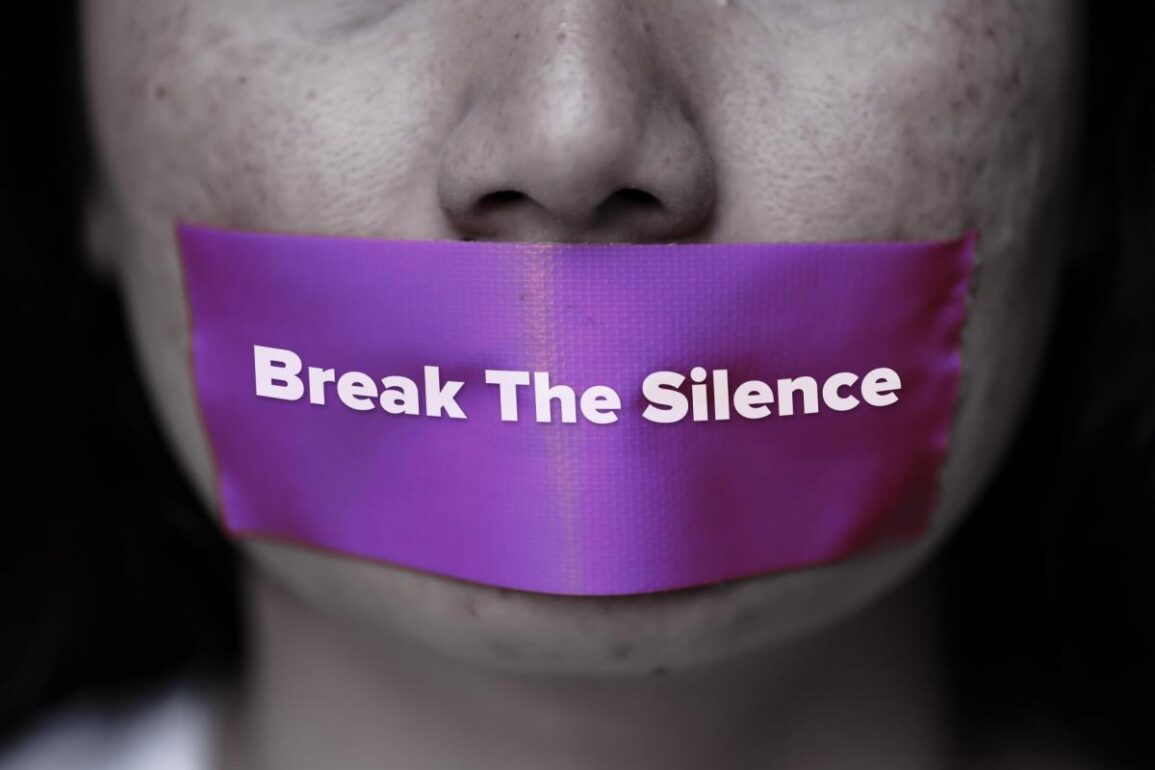 The Bible tells us, “Wisdom is the principal thing; therefore, get wisdom. And in all your getting, get understanding” (Proverbs 4:7).
The Bible tells us, “Wisdom is the principal thing; therefore, get wisdom. And in all your getting, get understanding” (Proverbs 4:7).
As I sought wisdom and understanding for my own life, I found the following information that can also be of help to you. Read, respond, and be willing to take action when and if needed. As I said before, no one, and I do mean no one, should have to suffer in silence.
Definitions of Abuse:
Domestic violence can be defined as a pattern of behavior in any relationship that is used to gain or maintain power and control over an intimate partner. Domestic violence can happen to anyone of any race, age, sexual orientation, religion, or gender. It can happen to couples who are married, living together or who are dating. Domestic violence affects people of all socioeconomic backgrounds and education levels. Abuse is physical, sexual, emotional, economic, or psychological actions or threats of actions that influence another person. This includes any behaviors that frighten, intimidate, terrorize, manipulate, hurt, humiliate, blame, injure or wound someone.
Do you think you might be in an abusive relationship?
The next few sections are composed of topical checklists that I obtained from the National Center on Domestic Violence. Go through the checklists thoroughly and check all that apply. In performing this exercise, the most important thing for you to do is BE HONEST!
Check those answers that apply:
You may be in an emotionally abusive relationship if your partner:
___Calls you names, insults you or continually criticizes you.
___Does not trust you and acts jealous or possessive
___Tries to isolate you from family or friends.
___Monitors where you go, who you call and who you spend time with.
___Does not want you to work.
___Controls finances or refuses to share money.
___Punishes you by withholding affection.
___Expects you to ask permission.
___Threatens to hurt you, the children, your family, or your pets.
___Humiliates you in any way.
You may be in a physically abusive relationship if your partner has ever:
___Damaged property when angry (thrown objects, punched walls, kicked doors, etc.)
___Pushed, slapped, bitten, kicked or choked you.
___Abandoned you in a dangerous or unfamiliar place.
___Scared you by driving recklessly.
___Used a weapon to threaten or hurt you.
___Forced you to leave your home.
___Trapped you in your home or kept you from leaving.
___Prevented you from calling police or seeking medical attention.
___Hurt your children.
___Used physical force in sexual situations.
You may be in a sexually abusive relationship if your partner:
___Views women as objects and believes in rigid gender roles.
___Accuses you of cheating or is often jealous of your outside relationships.
___Wants you to dress in a sexual way.
___Insults you in sexual ways or calls you sexual names.
___Has ever forced or manipulated you into to having sex or performing sexual acts.
___Held you down during sex.
___Demanded sex when you were sick, tired or after beating you.
___Hurt you with weapons or objects during sex.
___Involved other people in sexual activities with you.
___Ignored your feelings regarding sex.
If you answered “YES” to most of these questions, you may be in an abusive relationship; please call the National Domestic Violence Hotline
1-800-799-SAFE (7233)
1-800-787-3224 (TTY)
or your local Domestic Violence Center to talk with someone about it.
Don’t wait – call NOW!



